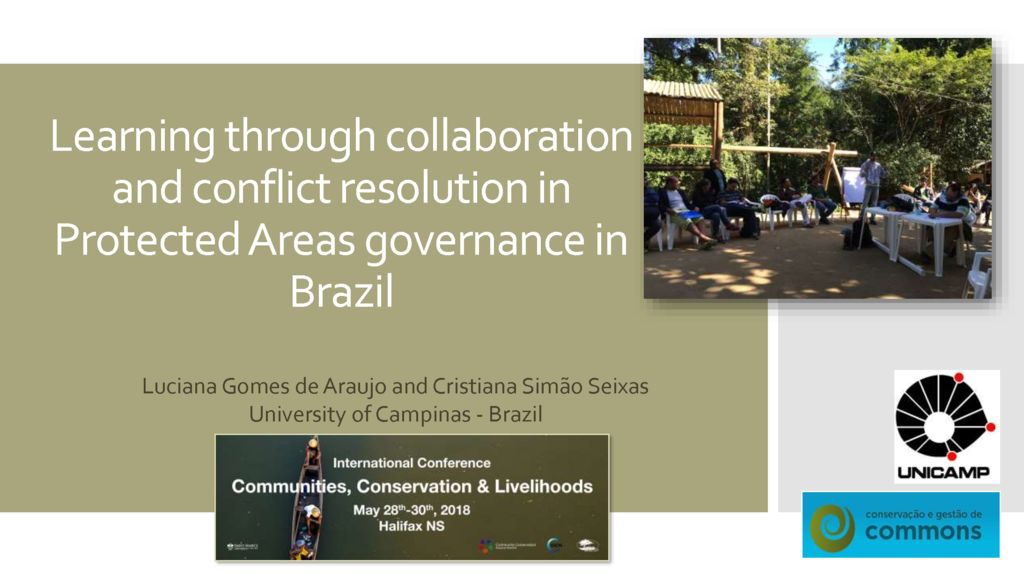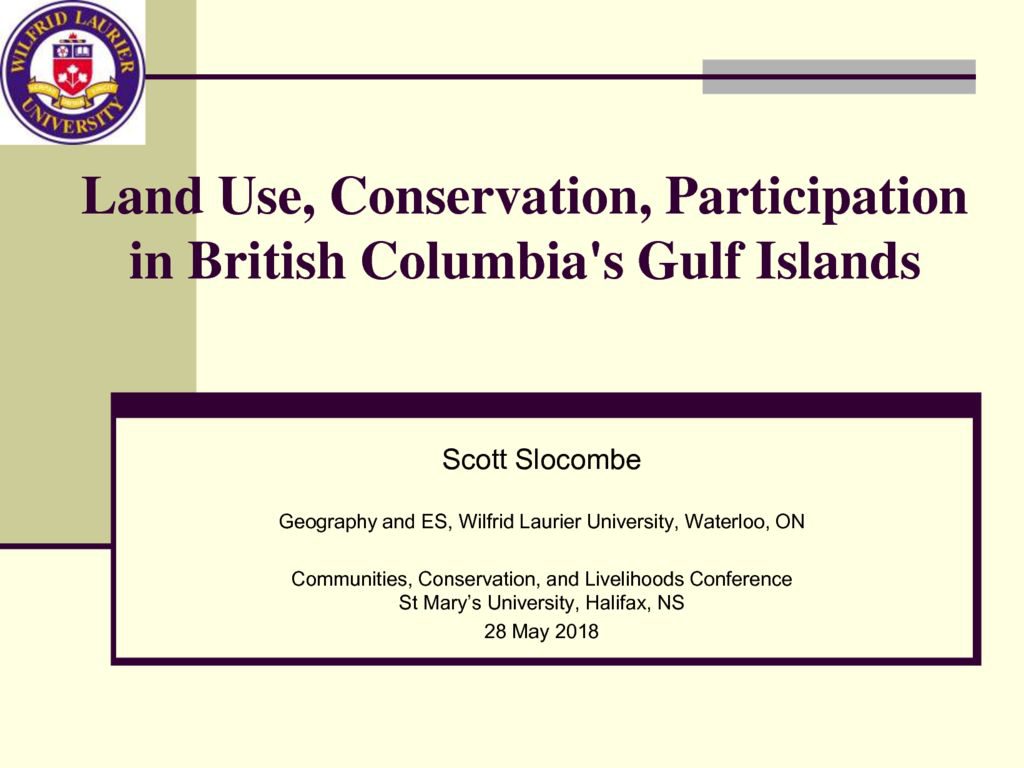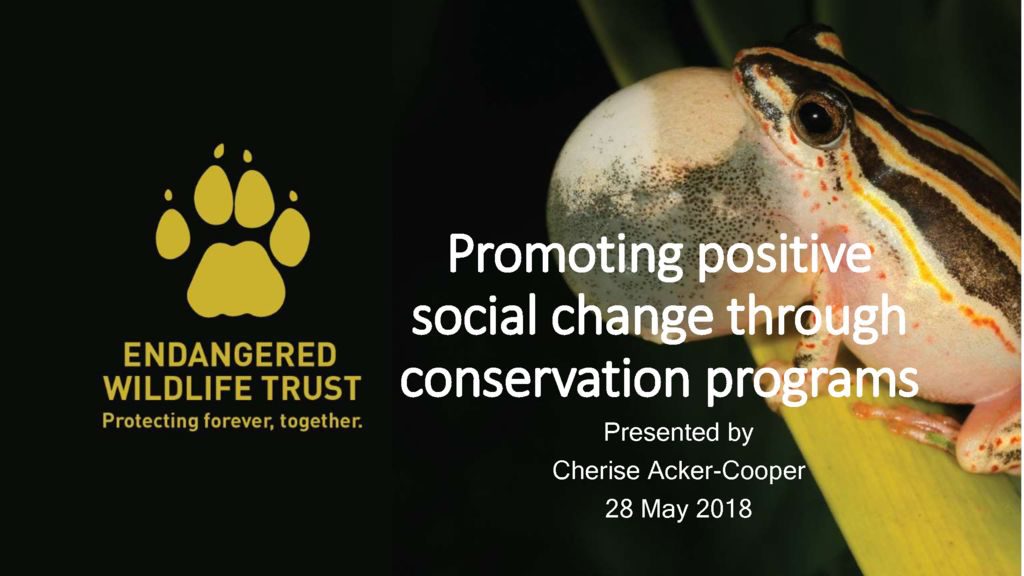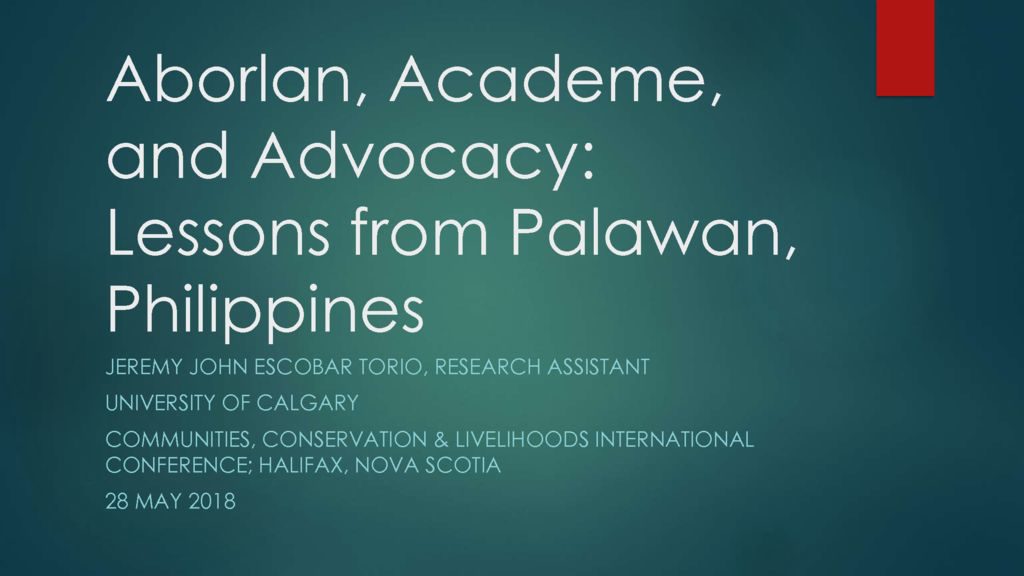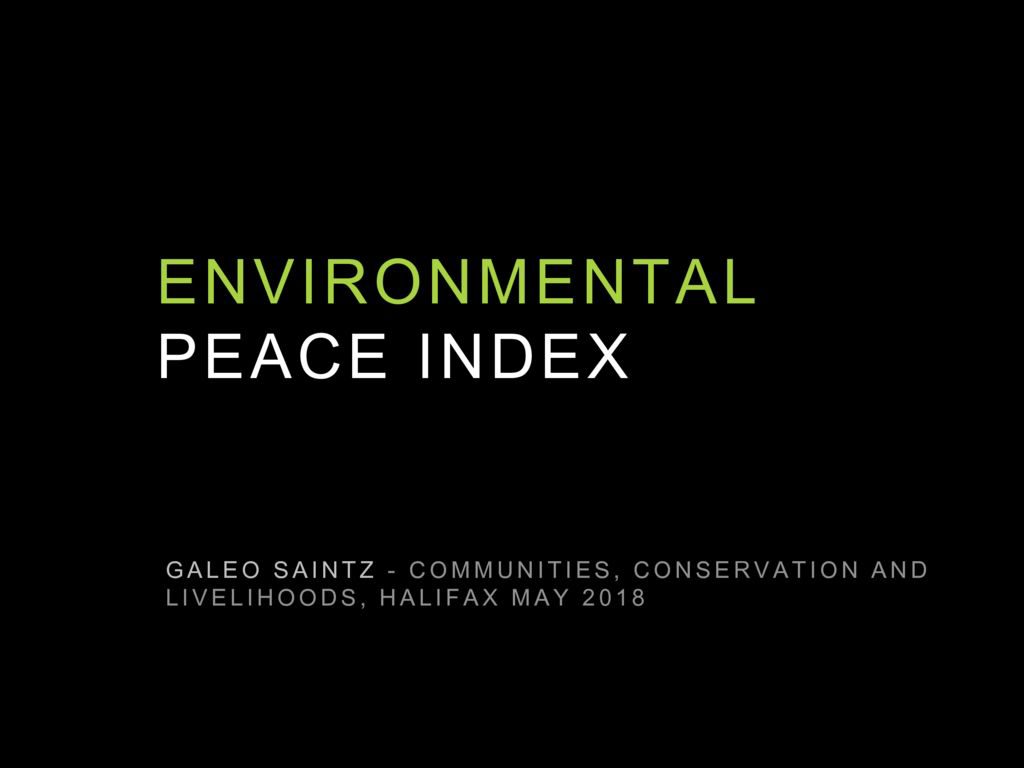22 Feb Collaboration and Conflict Resolution
The themes of collaboration and conflict resolution are explored through the resources found on this page. The relationship between governance, stakeholder engagement, and the challenge of balancing development/conservation needs among divergent interests is discussed through a collection of papers which provide perspectives from Brazil, British Columbia, the Philippines, Africa, and Indonesia.
Several of the challenges highlighted within these studies include water access and quality, economic development, transportation, tourism, regional planning, community level organizational capacity, corruption, and negotiations and agreements made at the local level. Authors provide survey data, observations, and study results from their respective study sites – which demonstrate that collaboration with and engagement of stakeholders at the community level is likely to improve social attitudes toward conservation programs, and reduce a potential lack of coordination between government, interest groups, and community members.
Results indicate that with well managed resources, accessible protected areas, and with communication of stakeholder motivations, conflict can be greatly reduced. Therefore, the resources found within this section demonstrate how environmental conservation could be seen as a step toward avoiding and resolving conflict, a tool in the pursuit of peace.
Key Themes:
Governance, Rights & Conflict, Factors of Success in Community Conservation, Wildlife & Fisheries
Click titles to expand sections:



